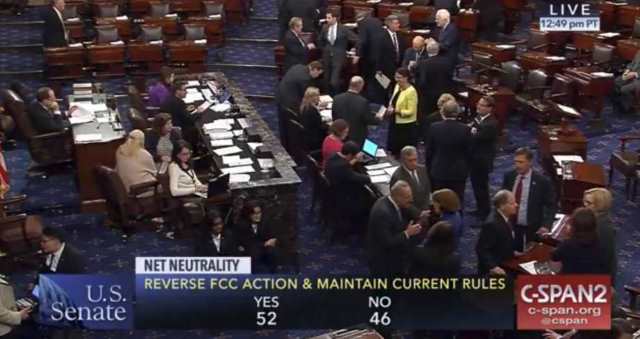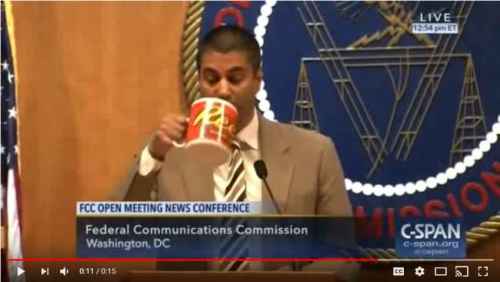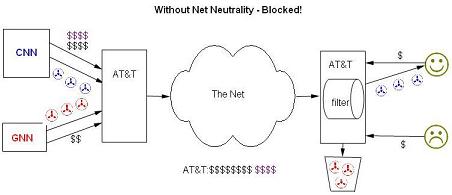Internet Freedom Fight Keeps On
Submitted by hungeski on Sat, 06/23/2018 - 1:01pm

Internet Freedom Status
The clock has ticked down on net neutrality, and its guarantee of internet freedom. We won that freedom in 2015, after internet users sent four million comments to the Federal Communications Commission (FCC). The FCC then classified all internet service providers (ISPs) as common carriers, which, by definition, must treat all communications equally regardless of who it comes from, who it goes to, or what it contains. But last fall the new Trump Republican majority on the Federal Communications Commission (FCC) voted to take our hard-won freedom, and give total control of your internet connection to your Internet Service Provider (ISP), be it AT&T, Verizon, Spectrum, or any other. The FCC net neutrality kill order officially took effect June 11, 2018.
But the people's love of internet freedom endures. In a recent poll, 86% of persons stood against the FCC net neutrality kill order. That number includes 82% of Republicans and 90% of Democrats. That broad public support should brighten the outlook for internet freedom, as the fight continues on several fronts.





